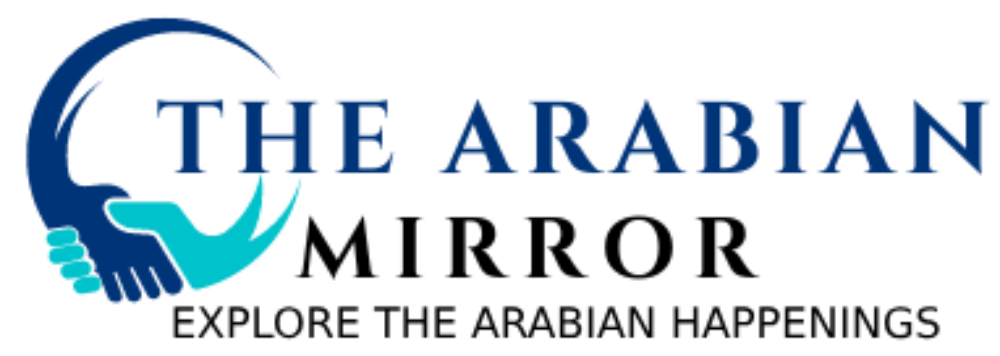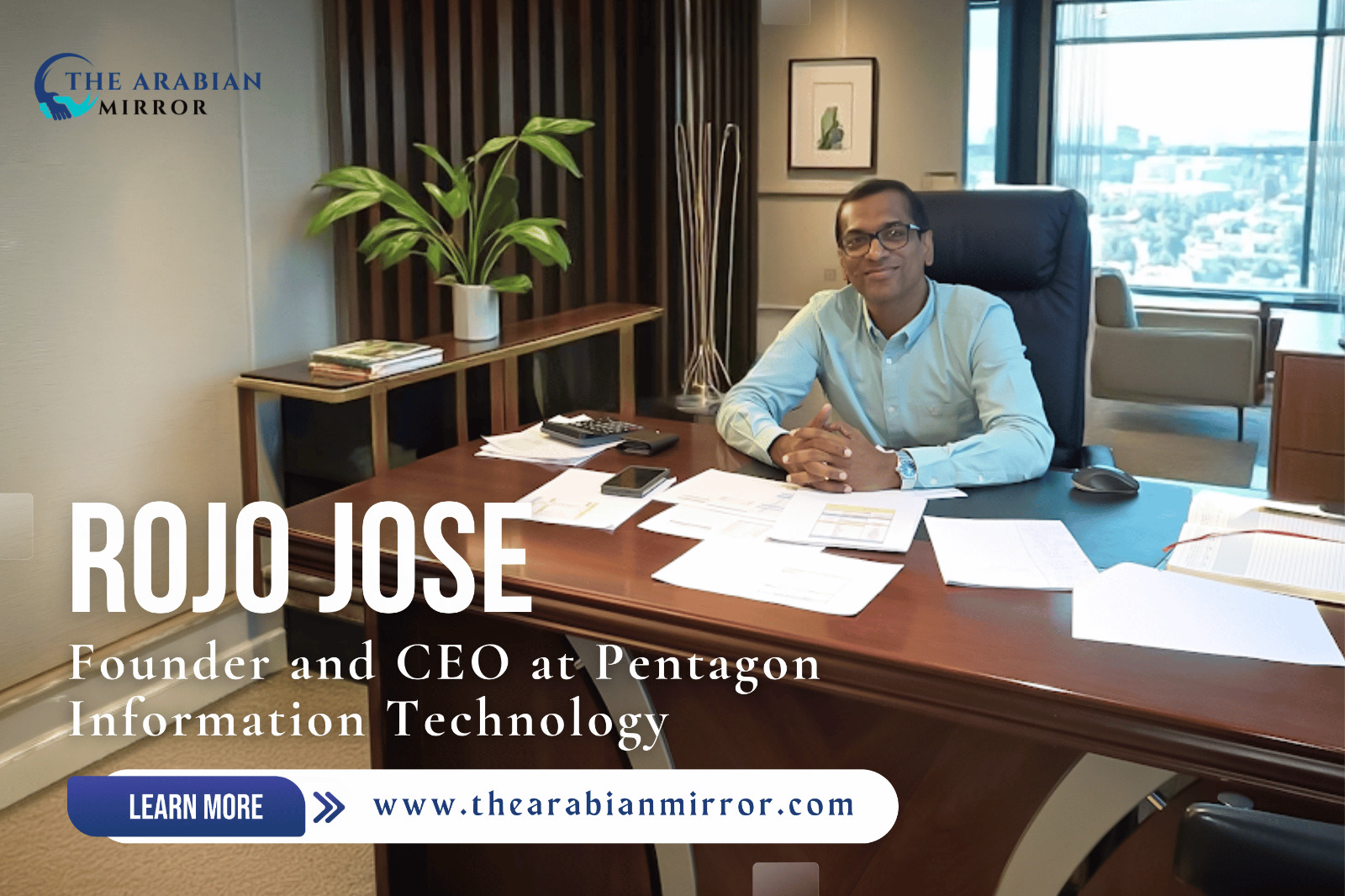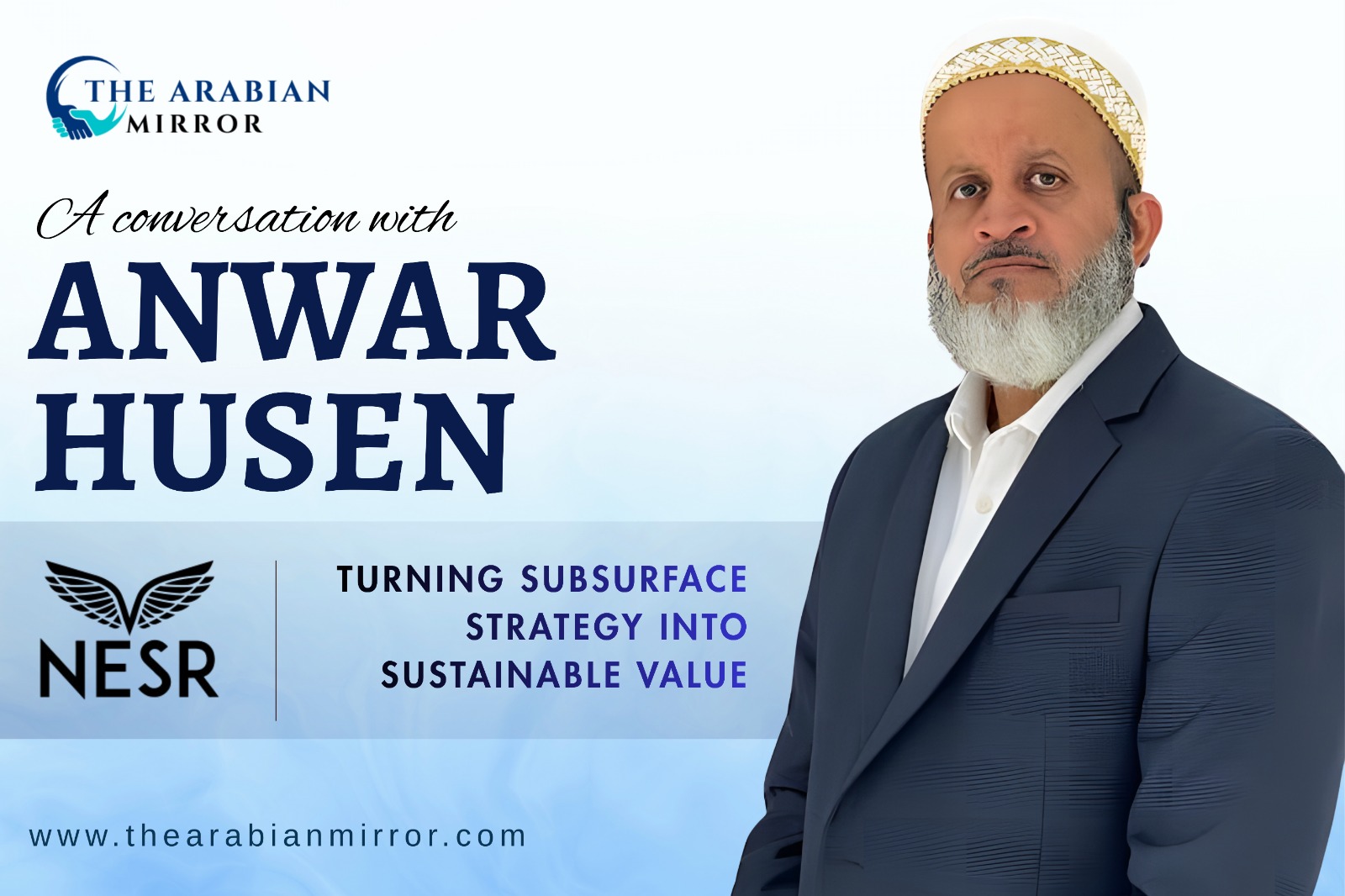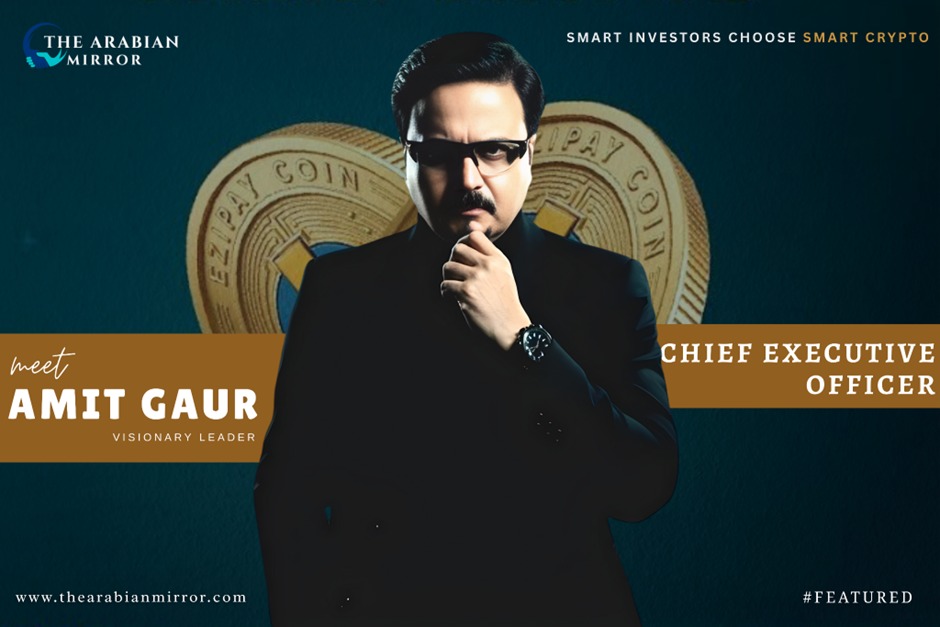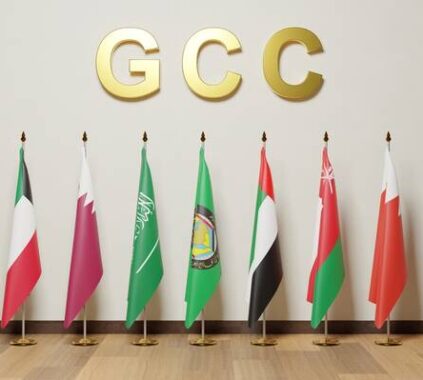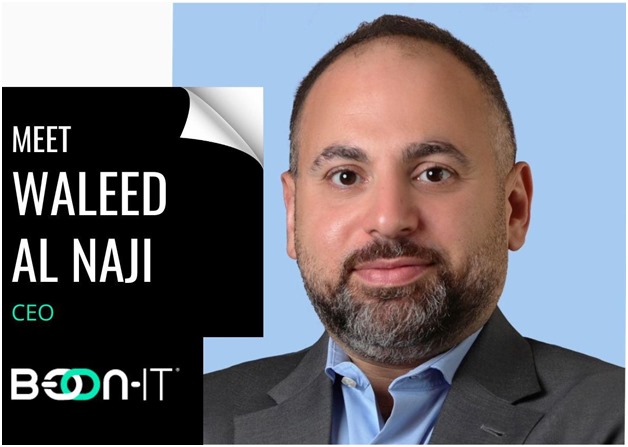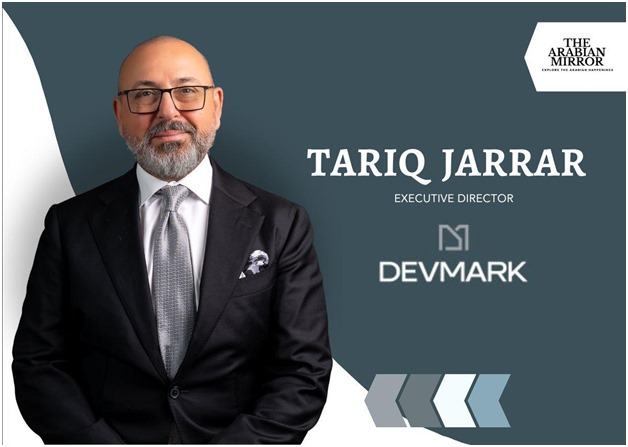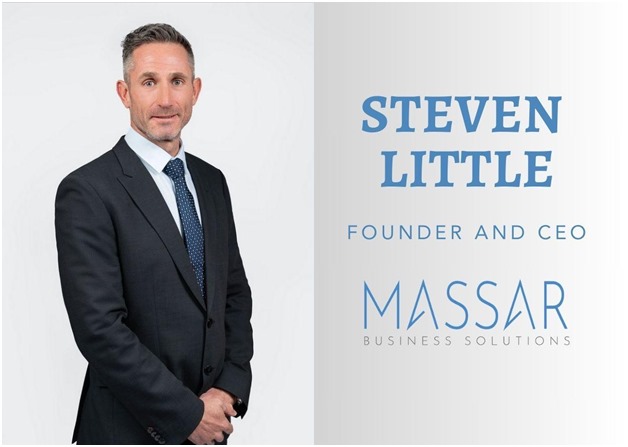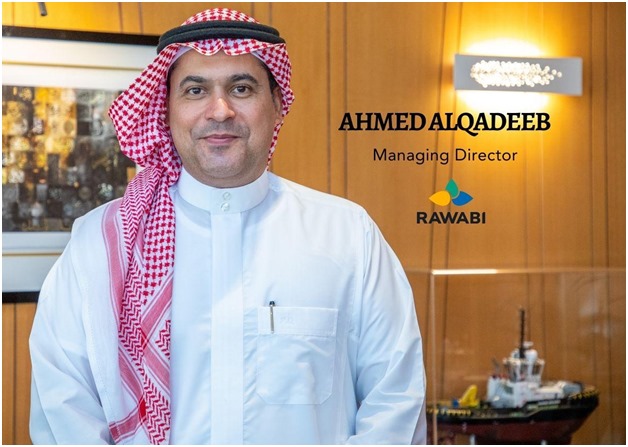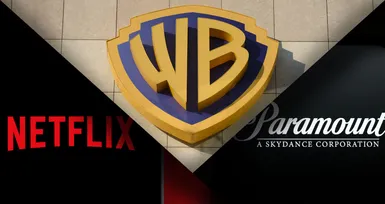Education in Saudi Arabia has progressed significantly. Tablets, artificial intelligence, and online communities are transforming education, which was once defined by blackboards, chalk, and dusty textbooks. The transition did not occur overnight. It is part of a larger national goal called goal 2030, which aims to make education more accessible, engaging, and future-ready.
At the centre of this transition is a rising set of EdTech companies—many local, some regional—that are altering the way Saudis learn. Whether via gamification, personalised learning, or mobile-first platforms, these innovators meet learners where they are: online, on their phones, and on demand.
Here are the top 10 EdTech companies in Saudi Arabia in 2024, with each having a distinct influence on how information is shared and consumed.
Top 10 EdTech Companies in Saudi Arabia – 2024
Below is the list of the top 10 edtech companies in Saudi Arabia – 2024. Let’s learn about them.
1. Classera: The EdTech Powerhouse
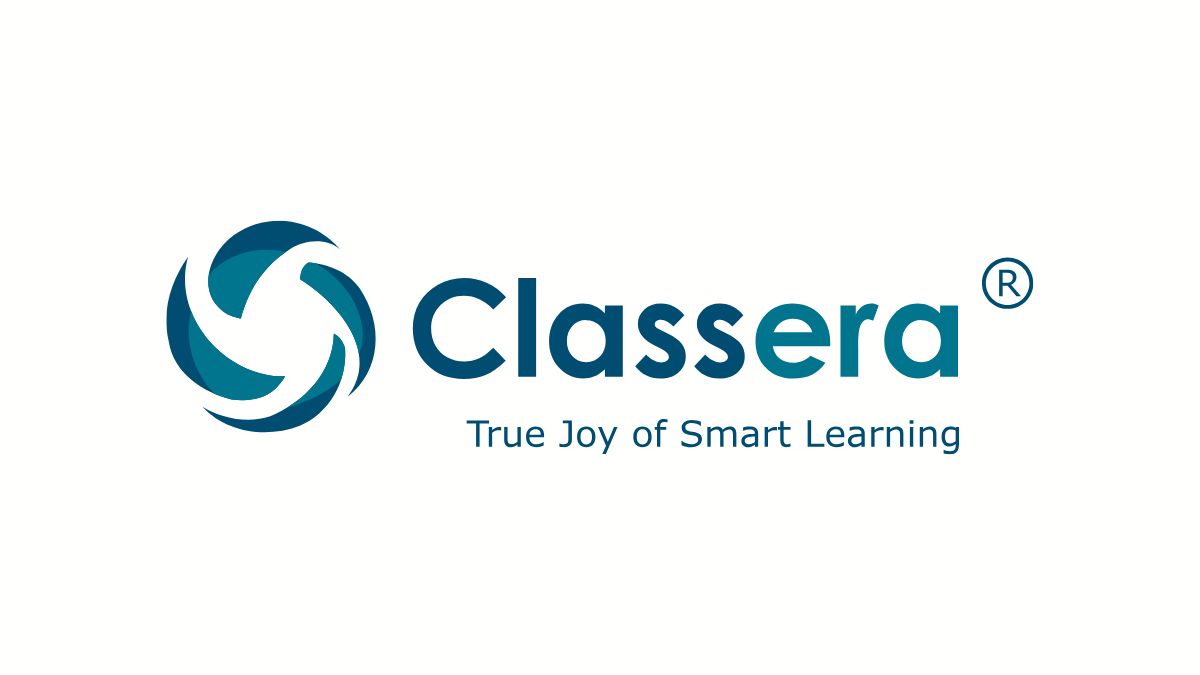
Classera: The EdTech Powerhouse
When it comes to EdTech in the Middle East, Classera is nearly always the first name mentioned—and for good reason. Classera was founded in Saudi Arabia and has grown to become one of the region’s major education technology firms, servicing millions of customers in dozens of countries.
What distinguishes Classera is not just its scale, but also its ecosystem-based strategy. It is not only an LMS. It’s a full-featured platform that includes virtual classrooms, attendance monitoring, e-commerce connection, AI-powered learning routes, and gamified user experiences. Whether you’re a school administrator or a 10th-grade student looking to keep on top of your studies, Classera provides an easy, Arabic-first experience.
Classera served as the primary digital infrastructure for several institutions throughout the epidemic, and it is still in use today.
Why it matters?
Classera helps traditional institutions make a digital leap while maintaining local language and cultural relevance.
2. Rwaq: University for the People

Rwaq: University for the People
Are you interested in learning Arabic for marketing, artificial intelligence, Islamic law, or personal finance? Rwaq has got you covered.
This platform is ideal for self-learners seeking flexibility, affordability, and high-quality Arabic content. Rwaq provides MOOCs (Massive Open Online Courses) for free or at a minimal cost, with new courses added weekly by academics, entrepreneurs, and professionals from numerous fields.
What distinguishes Rwaq is his emphasis on lifelong learning. It is not only for students studying for examinations.
It’s designed for working people looking to change jobs, retirees exploring new hobbies, and stay-at-home parents brushing up on digital skills.
Why it matters?
Rwaq democratises information and ensures cultural and linguistic accessibility.
3. Noon Academy: Where Learning Meets Social Media
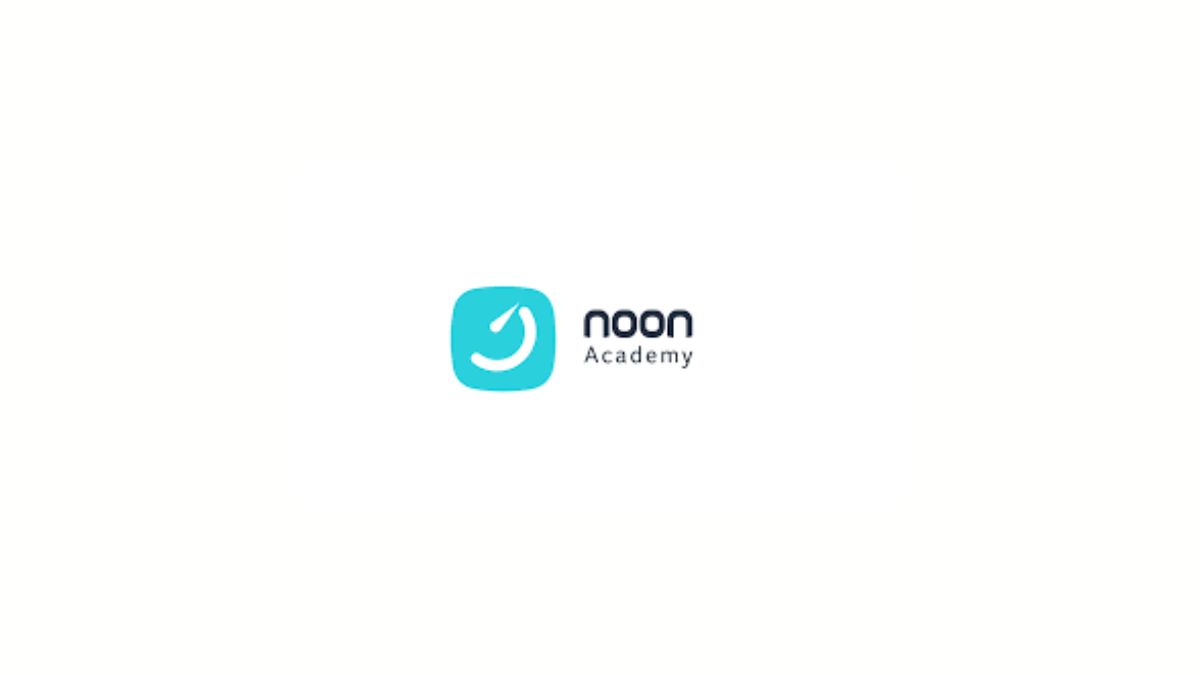
Noon Academy: Where Learning Meets Social Media
Here’s a crazy yet wonderful idea: What if students really liked studying?
Noon Academy strives to make such a reality. It transforms education into a social and interactive experience, allowing students to attend live classes, participate in group discussions, and work together on assignments in real time.
At first appearance, it appears to be a hybrid of Zoom, Discord, and Google Classroom, with a gamification component.
But go deeper, and you’ll discover a strong adaptive learning engine that suggests classes and subjects depending on each student’s skills and shortcomings.
Noon has millions of users in Saudi Arabia, Egypt, India, and Pakistan, and it’s developing quickly. It’s also specifically tailored to the habits of today’s learners—mobile-first, graphically appealing, and community-driven.
Why it matters?
Noon demonstrates how peer learning and social engagement may improve motivation and retention.
Also read: Top 10 Real Estate Agencies In Saudi Arabia – 2024
4. iEN: The Kingdom’s Digital Education Backbone
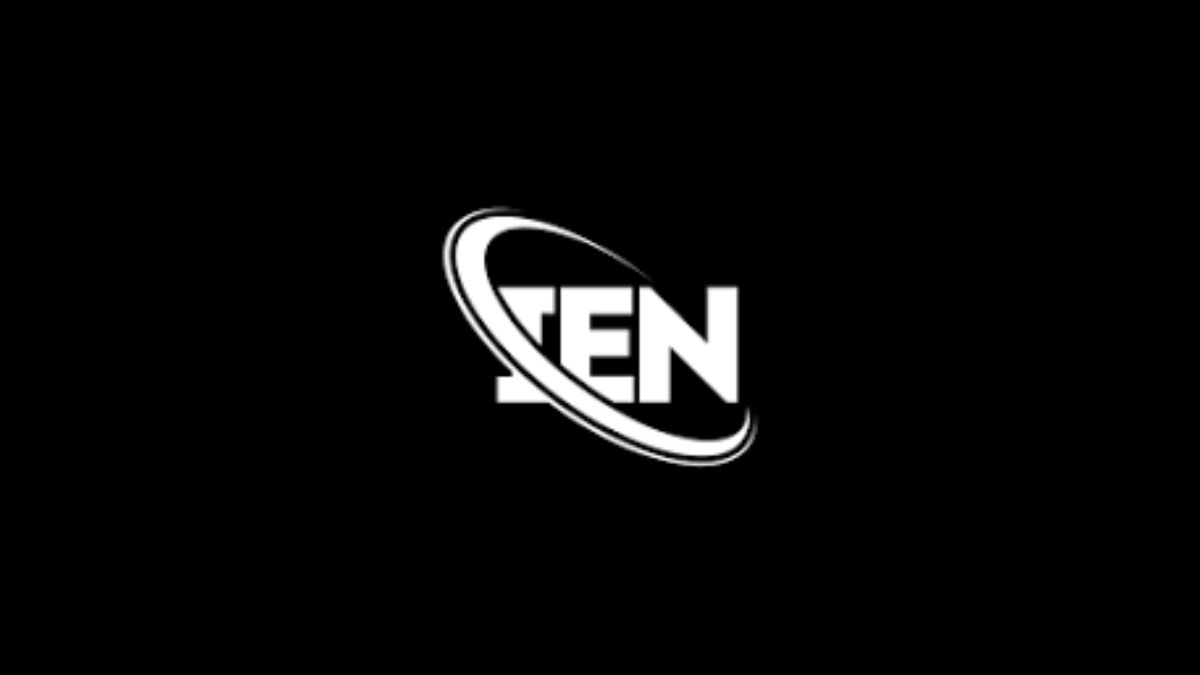
iEN: The Kingdom’s Digital Education Backbone
If there is a digital bridge connecting the Ministry of Education to every public school in Saudi Arabia, it is iEN.
Tatweer developed iEN, the government’s official educational portal. During the COVID-19 epidemic, it became viral overnight, with millions of students and instructors utilising it every day.
Even after the epidemic, it remains a key component of the country’s mixed education approach.
The site offers curriculum-aligned videos, e-textbooks, quizzes, and interactive labs. Teachers can use digital tools to assign assignments, monitor student progress, and administer exams. And because it was developed by the government, it is completely consistent with national education policies.
Why it matters?
EN guarantees no student is left behind, particularly in rural or disadvantaged regions.
5. Aanaab: Professional Development for Teachers
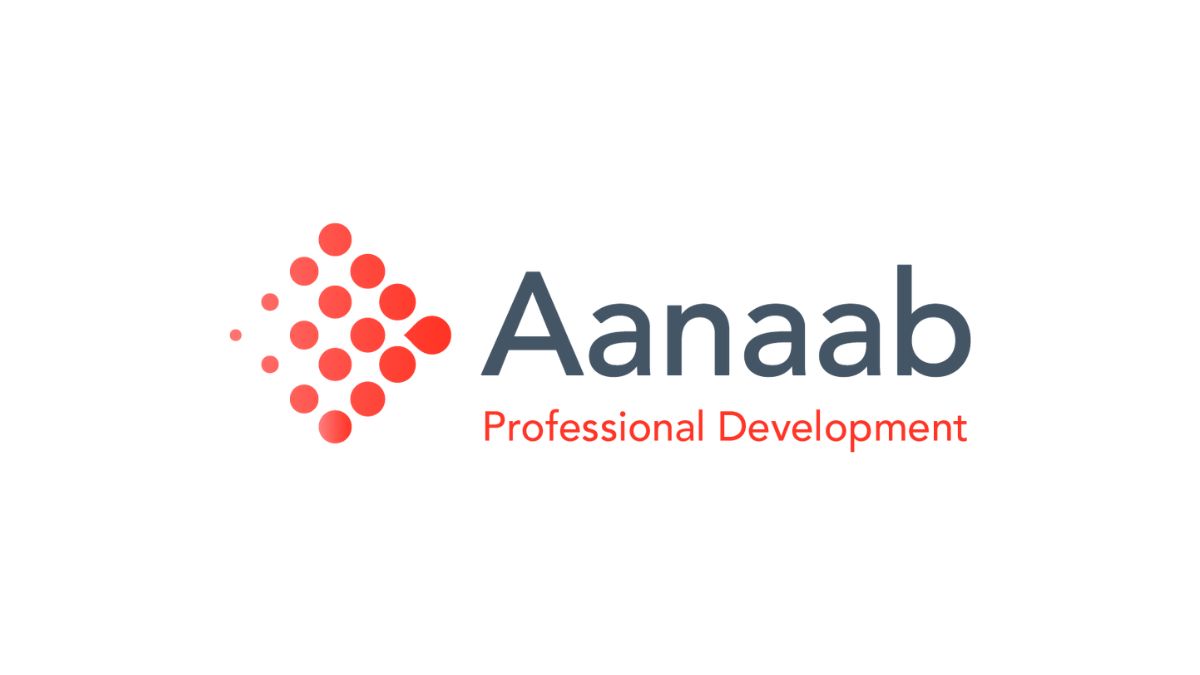
Aanaab: Professional Development for Teachers
Teachers are at the core of every educational system, and Aanaab is one of the few EdTech platforms that recognises this completely.
Instead of focussing on pupils, Aanaab assists teachers in improving their teaching skills. It provides certification courses authorised by the Saudi Ministry of Education in areas such as pedagogical training and emotional intelligence.
The platform also works with worldwide organisations such as Cambridge and the Education Development Trust.
Teacher training is essential in a country undertaking substantial educational transformation. Aanaab is bridging the gap by providing current, bite-sized, and relevant information to educators at all levels.
Why it matters?
Empowered instructors equal empowered kids.
6. Nafham: Free Learning, Crowd-Powered
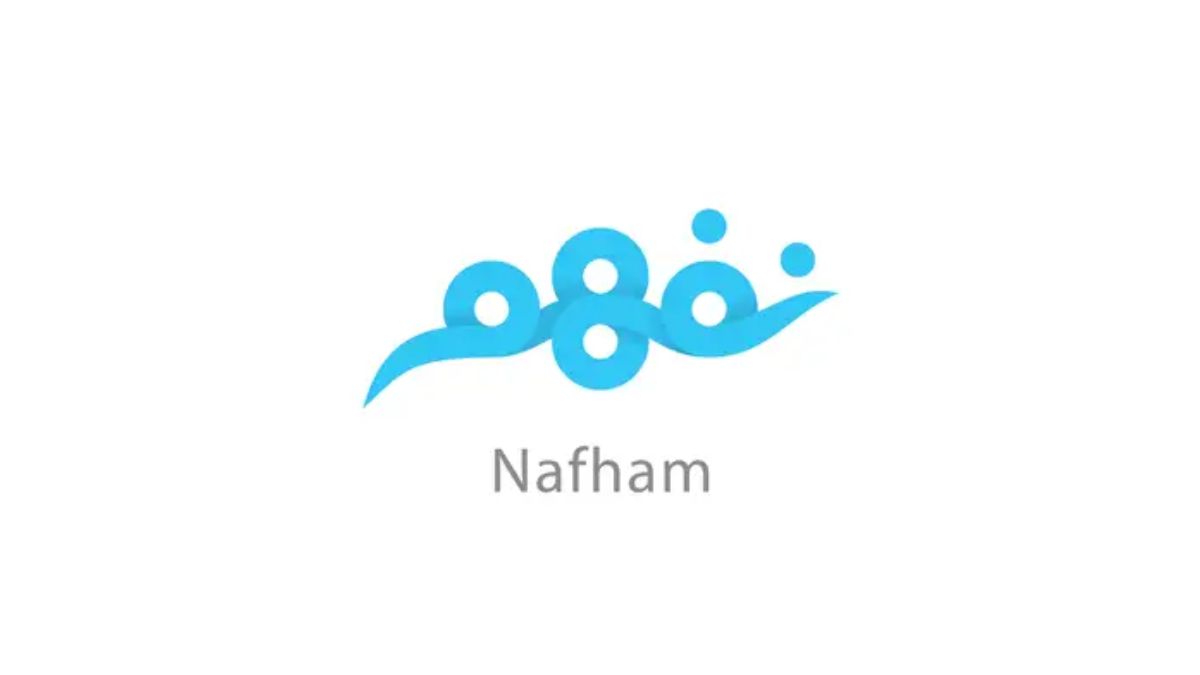
Nafham: Free Learning, Crowd-Powered
Nafham is based on a simple yet powerful idea: if everyone shared what they know, no one would be left behind.
This free portal offers video courses, mostly made by teachers and volunteers, that span the complete K-12 curriculum. Nafham reinforces what kids learn in class by providing an easy search option and organised playlists by grade and subject.
It is especially popular with families who cannot afford private instruction, which is still very widespread in Saudi Arabia.
Why it matters?
Nafham provides free crowdsourced education, levelling the playing field.
7. Abwaab: Personalised Test Prep for the Saudi Curriculum
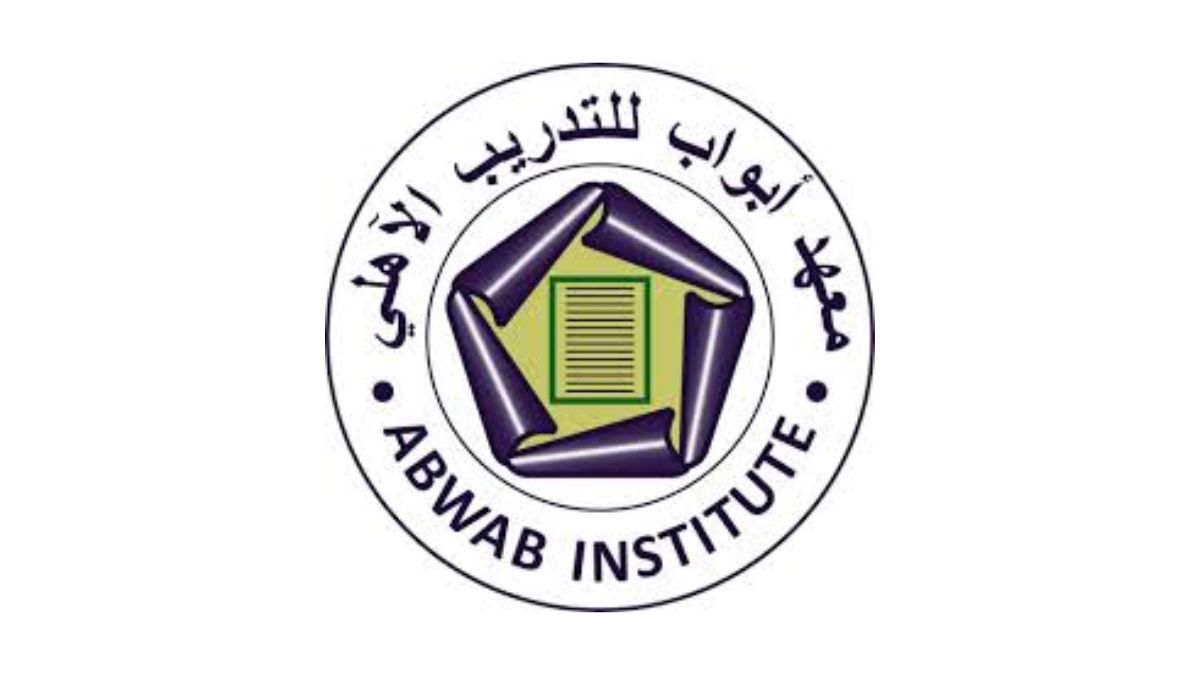
Abwaab: Personalised Test Prep for the Saudi Curriculum
If Classera is the region’s LMS, then Abwaab is the exam prep monarch. Abwaab was founded in Jordan and has now extended into Saudi Arabia with tailored material that corresponds with the local curriculum.
Abwaab breaks down difficult subjects such as physics and maths into short, digestible video courses, which are followed by quizzes and live support features. Students may monitor their competence level, receive real-time performance evaluation, and even challenge their peers to academic duels (yes, really!).
Why it matters?
Abwaab makes exam preparation enjoyable and effective—two terms rarely used in the same sentence.
Also read: Top 10 Architecture Firms in Saudi Arabia – 2024
8. Dars: Find the Right Tutor Instantly
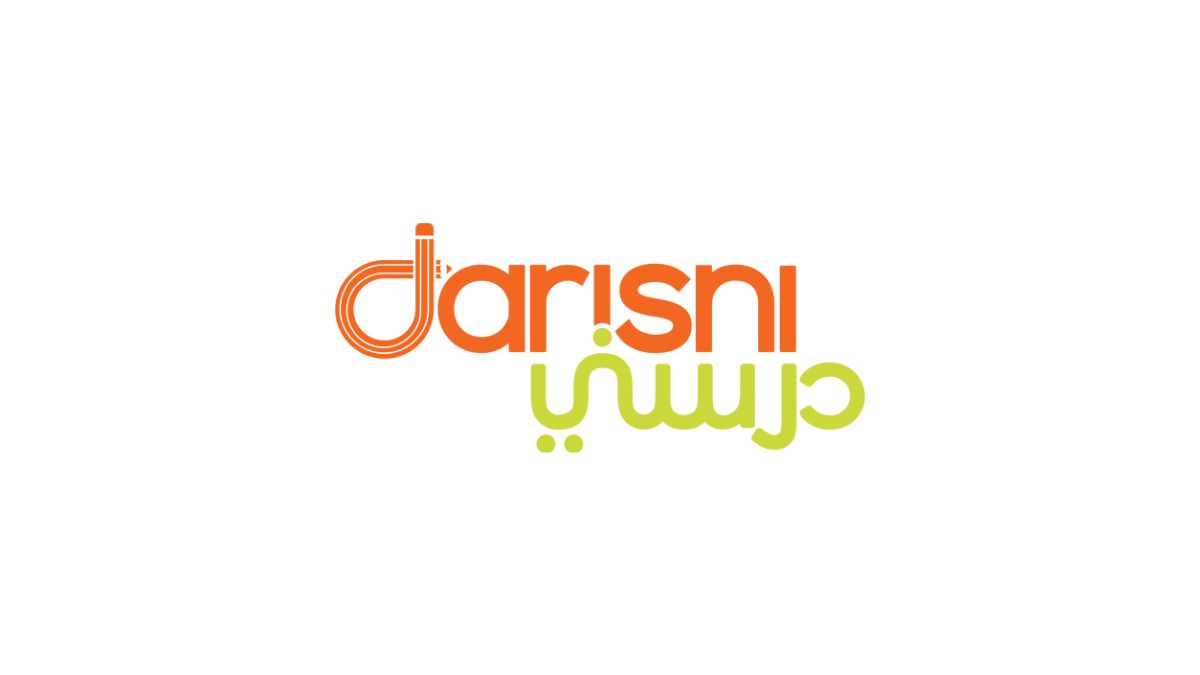
Dars: Find the Right Tutor Instantly
Whether it’s a struggling eighth grader or a university student studying for exams, sometimes you simply need a real person to explain things.
Dars is a website that matches students with competent teachers in real time. What sets it apart is its openness and ease of use—you can check teacher ratings, cost, availability, and even specialisation before scheduling a session.
In a country where tutoring is a big sector (sometimes informal and costly), Dars provides structure, responsibility, and affordability.
Why it matters?
Dars modernises tutoring and provides great help for more students.
9. Droos: The TikTok of Education
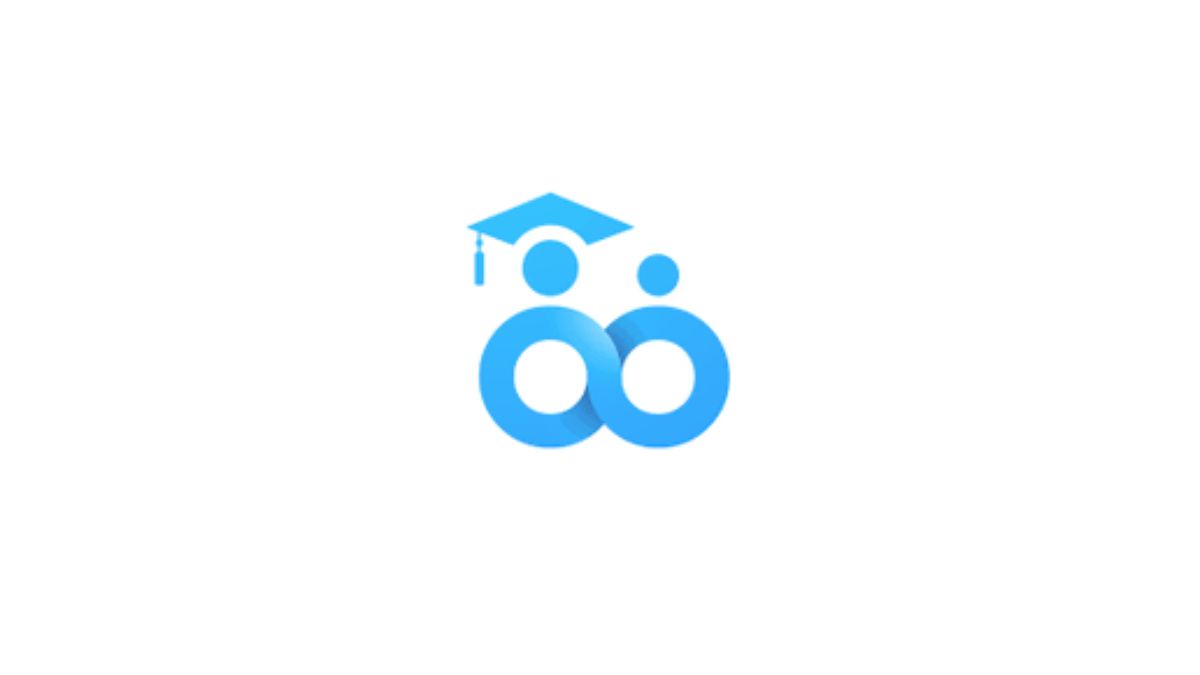
Droos: The TikTok of Education
Young learners today have 60-second attention spans. Droos is a microlearning program that teaches key ideas in short, entertaining formats such as movies, flashcards, and quizzes.
Designed primarily for mobile users, Droos aids in review and concept reinforcement rather than comprehensive lectures. It’s especially popular during test season, when students desire speedy review without having to comb through whole textbooks.
Why it matters?
Droos meets Gen Z where they are: on their phones and on the go.
10. Alemni Shokran: Learning Skills That Actually Pay the Bills
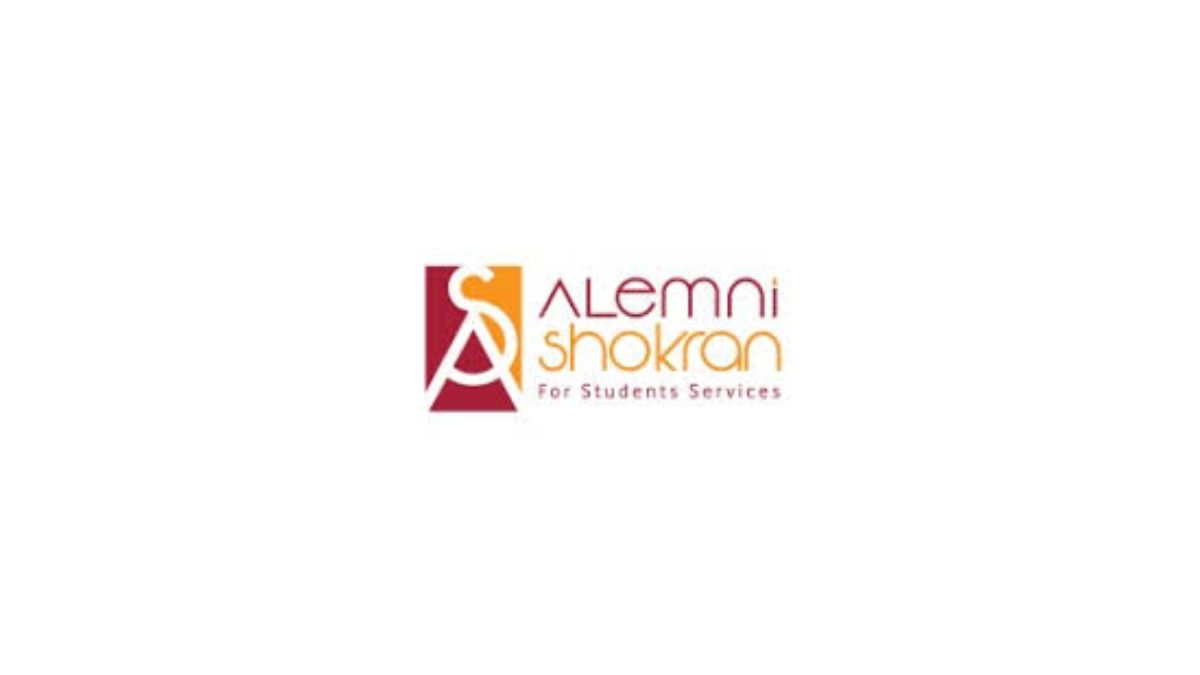
Alemni Shokran: Learning Skills That Actually Pay the Bills
Finally, there’s Alemni Shokran, a practical skills platform that helps individuals prepare for the job market.
It is geared for high school graduates and college students who want to enter the job with real-world skills. Courses include graphic design, video editing, digital marketing, and even CV writing.
The site frequently works with local businesses to provide internships or employment prospects following course completion.
Why it matters?
Alemni Shokran connects education with employment.
Learning the Saudi Way
Saudi Arabia’s EdTech scene is more than a reaction to the epidemic. It is part of a larger trend towards flexible, inclusive, and forward-thinking education. These firms are helping to develop a future in which:
- Students can learn at their own speed.
- Teachers receive the assistance they deserve.
- Parents can become more involved.
- Education is no longer restricted by geography or wealth.
Whether you’re a student in Riyadh, a parent in Abha, or a teacher in Jeddah, one thing is certain: Saudi education is rapidly developing.
And the greatest part? The narrative is only starting.
Also read: Pioneering The Future Of Advanced Coating Systems With VIP Coatings: Alexander Voelkel
